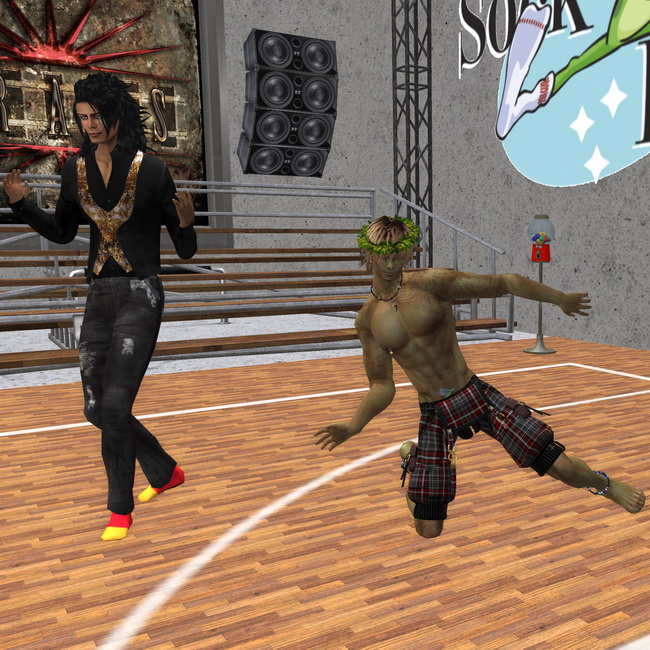 Bruce Arthur Johnston (born Benjamin Baldwin on June
27, 1942) is an American singer, songwriter, and record producer best known as
a member of the Beach Boys. He joined the band for live performances in 1965,
but then became a contributing member on subsequent albums. Johnston is also
known for his early 1960s collaborations with Terry Melcher as Bruce & Terry and with the surf band the Rip Chords, as well as composing the 1975
Barry Manilow song "I Write the Songs".
Bruce Arthur Johnston (born Benjamin Baldwin on June
27, 1942) is an American singer, songwriter, and record producer best known as
a member of the Beach Boys. He joined the band for live performances in 1965,
but then became a contributing member on subsequent albums. Johnston is also
known for his early 1960s collaborations with Terry Melcher as Bruce & Terry and with the surf band the Rip Chords, as well as composing the 1975
Barry Manilow song "I Write the Songs".
 On April 9, 1965, Johnston joined the Beach Boys,
replacing Glen Campbell, who was playing bass on the road and singing Brian
Wilson's vocal parts. Johnston did not start playing bass until his first
tenure with the Beach Boys, and the very first vocal recording Johnston made as
one of the Beach Boys was "California Girls" (although for contractual
reasons he would not be credited or photographed on a Beach Boys album until
1967 on the Wild Honey album).
On April 9, 1965, Johnston joined the Beach Boys,
replacing Glen Campbell, who was playing bass on the road and singing Brian
Wilson's vocal parts. Johnston did not start playing bass until his first
tenure with the Beach Boys, and the very first vocal recording Johnston made as
one of the Beach Boys was "California Girls" (although for contractual
reasons he would not be credited or photographed on a Beach Boys album until
1967 on the Wild Honey album).
Johnston is frequently credited, by some, as one of
the original greatest supporters of the Beach Boys' 1966 signature album Pet
Sounds. He flew to London in May 1966 and played the album for John Lennon and
Paul McCartney. He wrote several Beach Boys songs, notably 1971's "Disney
Girls (1957)", which was covered by Cass Elliot, Captain & Tennille,
Art Garfunkel, Jack Jones, and Doris Day. Johnston also sang lead on three
songs from the 1970 Beach Boys album Sunflower: "Tears In The
Morning", "Deirdre", and "At My Window". During live
concerts Johnston sang lead vocals on "God Only Knows", "Please
Let Me Wonder", "Wendy", "Do You Wanna Dance", and
"Disney Girls (1957)".
Johnston returned to the fold in 1978 at Brian
Wilson's request to appear on (and co-produce) the album L.A. (Light Album).
The following year he was credited as sole producer on the follow-up LP,
Keepin' the Summer Alive. Johnston has remained with the Beach Boys ever since
and was the only member to continue touring with Mike Love as The Beach Boys
after the death of Carl Wilson. In June 2012, Johnston, Brian Wilson, Mike
Love, Al Jardine, and David Marks reunited for a new album and 50th anniversary
tour. Despite his long involvement with the band, he no longer has a full
membership in Brother Records, having traded his shares (but not his artist
royalties) in 1972. Johnston still retains his equal ownership of the band's
ASCAP publishing company, Wilojarston, and is the only member of the band to
have earned a Grammy Award for Song of the Year.
The Beach Boys remained active through many trials and
tribulations, such as the original main creative force, Brian Wilson’s
estrangement from the group due to creative differences and mental issues, the
deaths of Dennis in 1983 and Carl in 1998, and the addition of newer members
over the years. The current group consists of founding Beach Boy Mike Love
(lead vocals) and Beach Boy-vet Bruce Johnston (vocals/keyboards), along with
Jeffery Foskett (guitar/vocals), Randell Kirsch (bass/vocals), Tim Bonhomme
(keyboards/vocals), John Cowsill of The Cowsills (percussion /vocals) and Scott
Totten (guitar/vocals).




















































